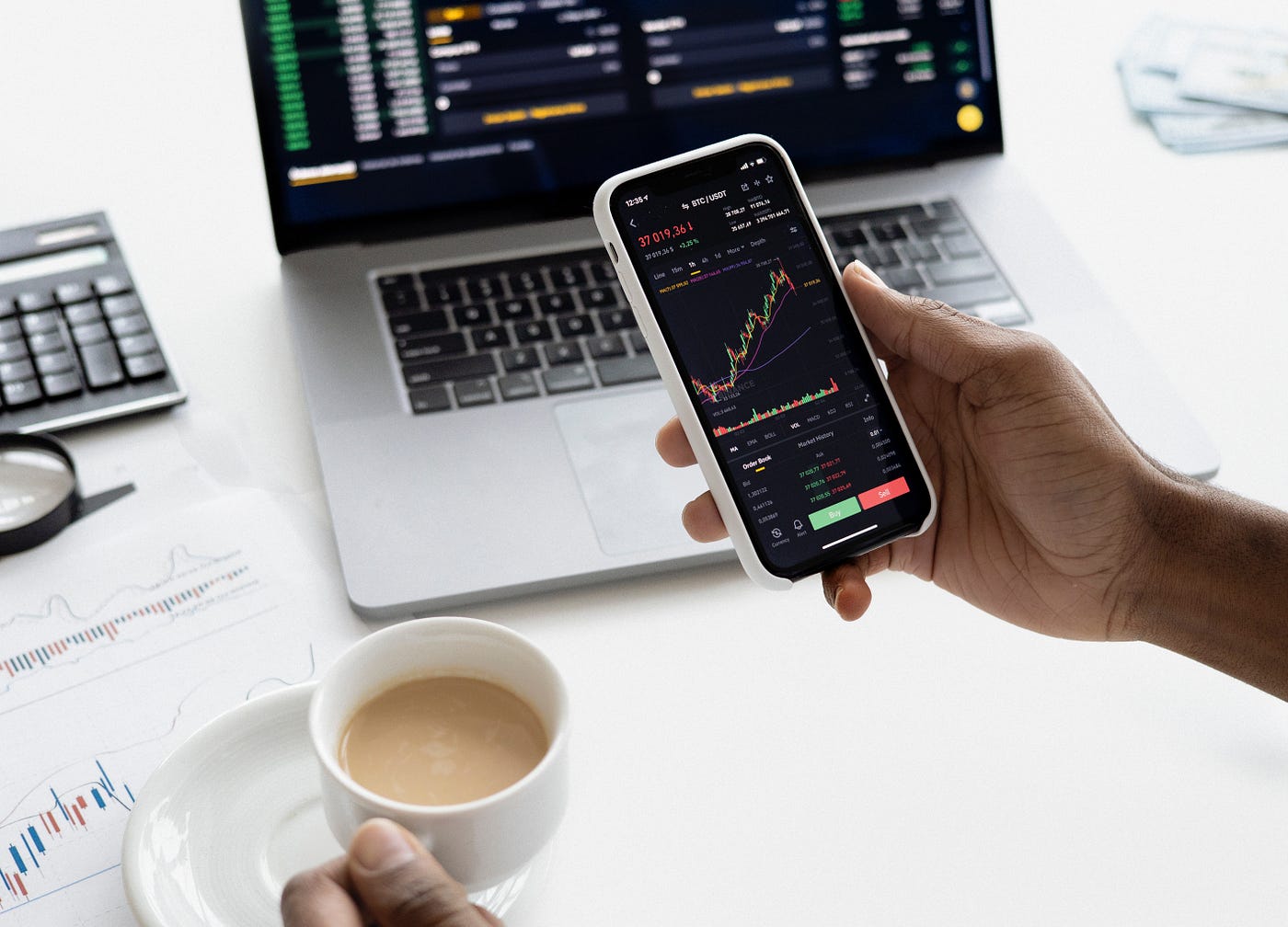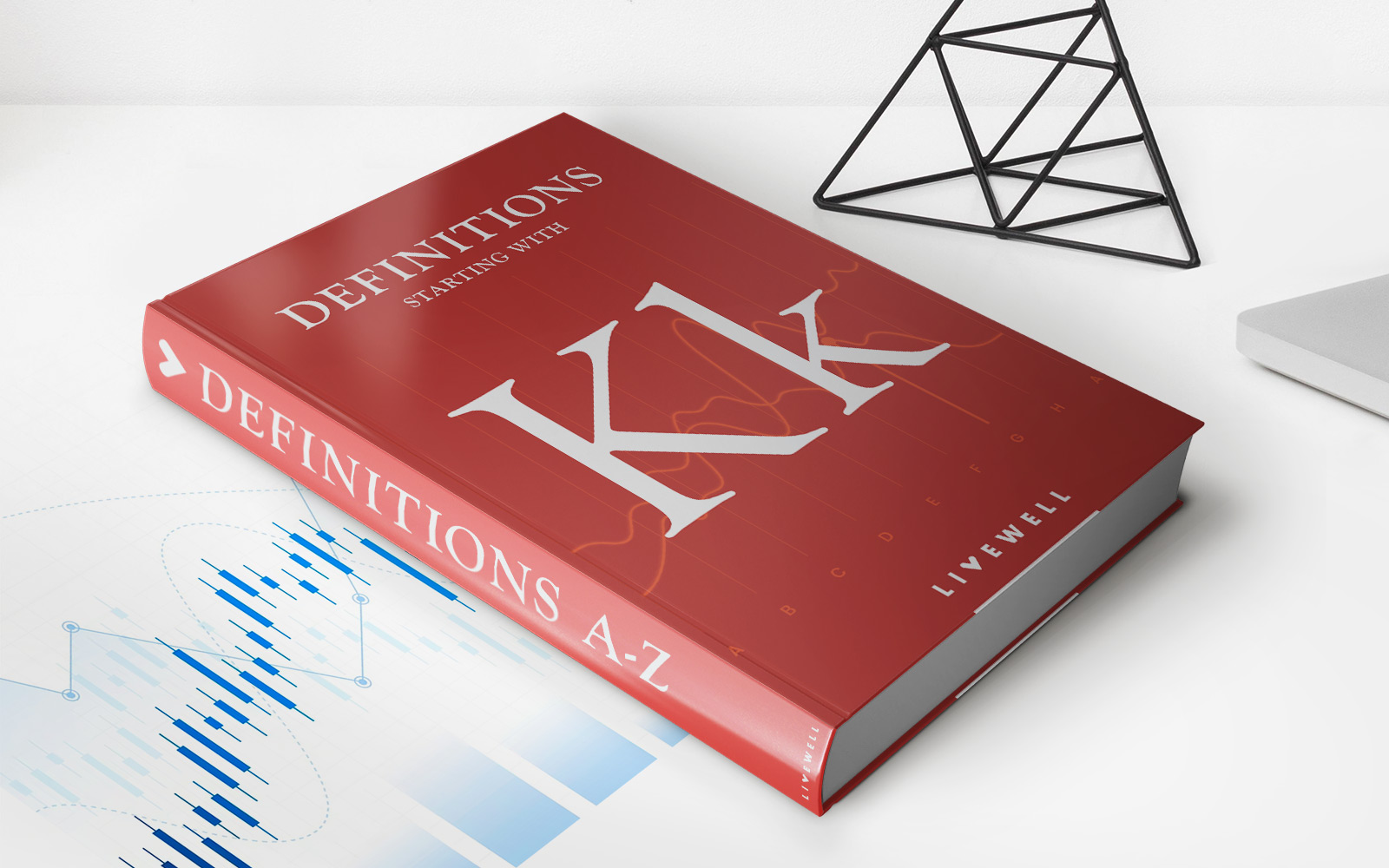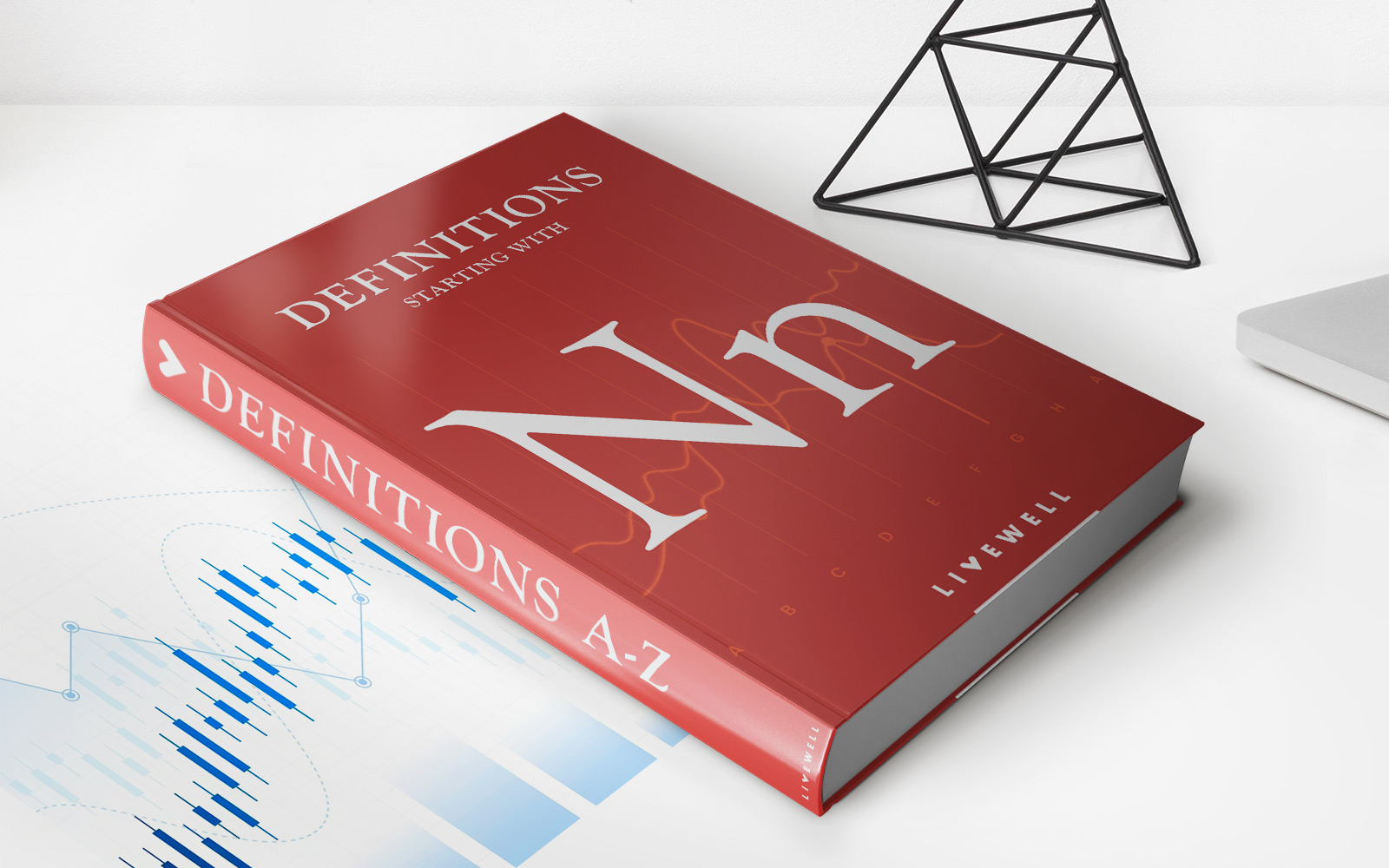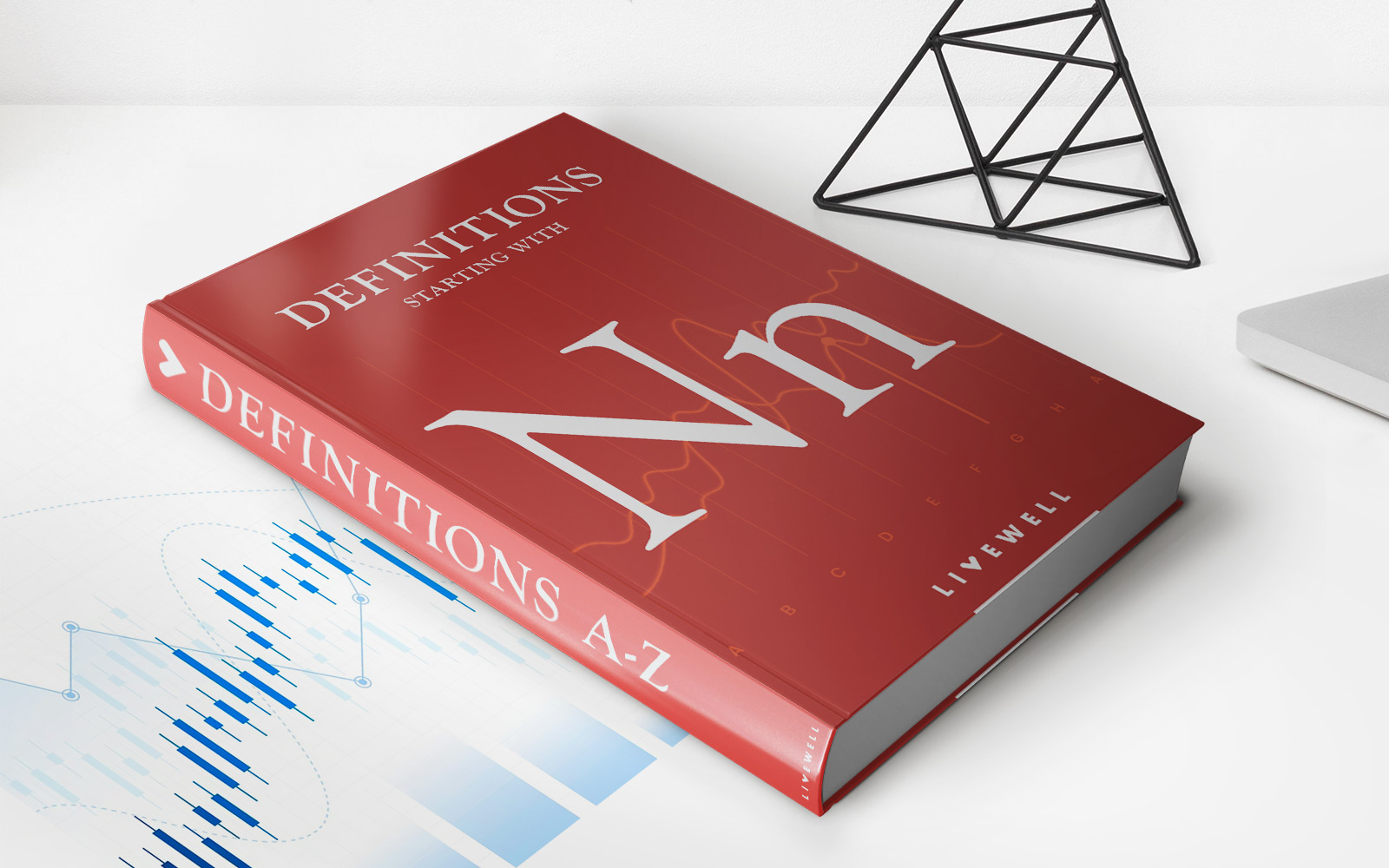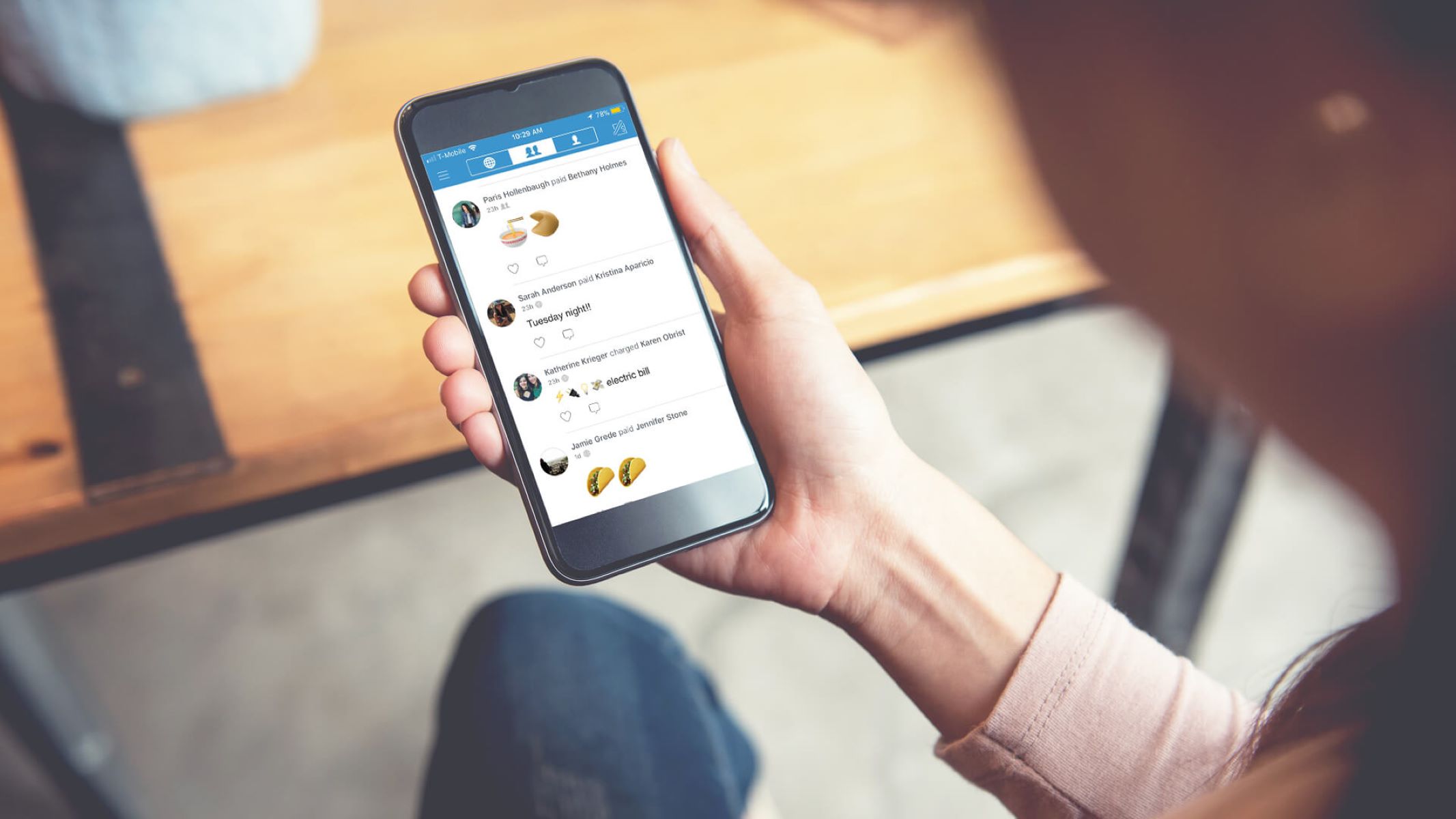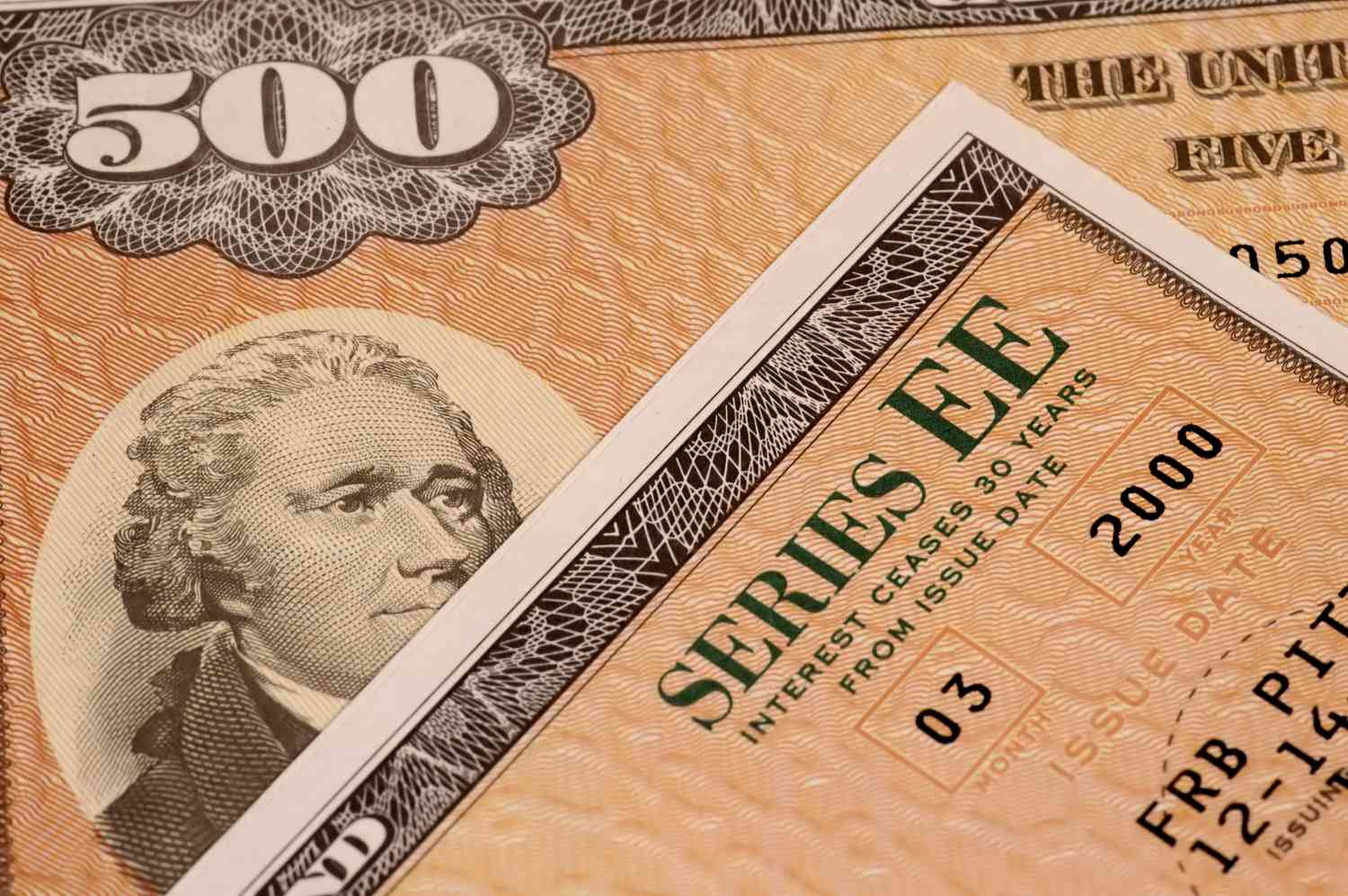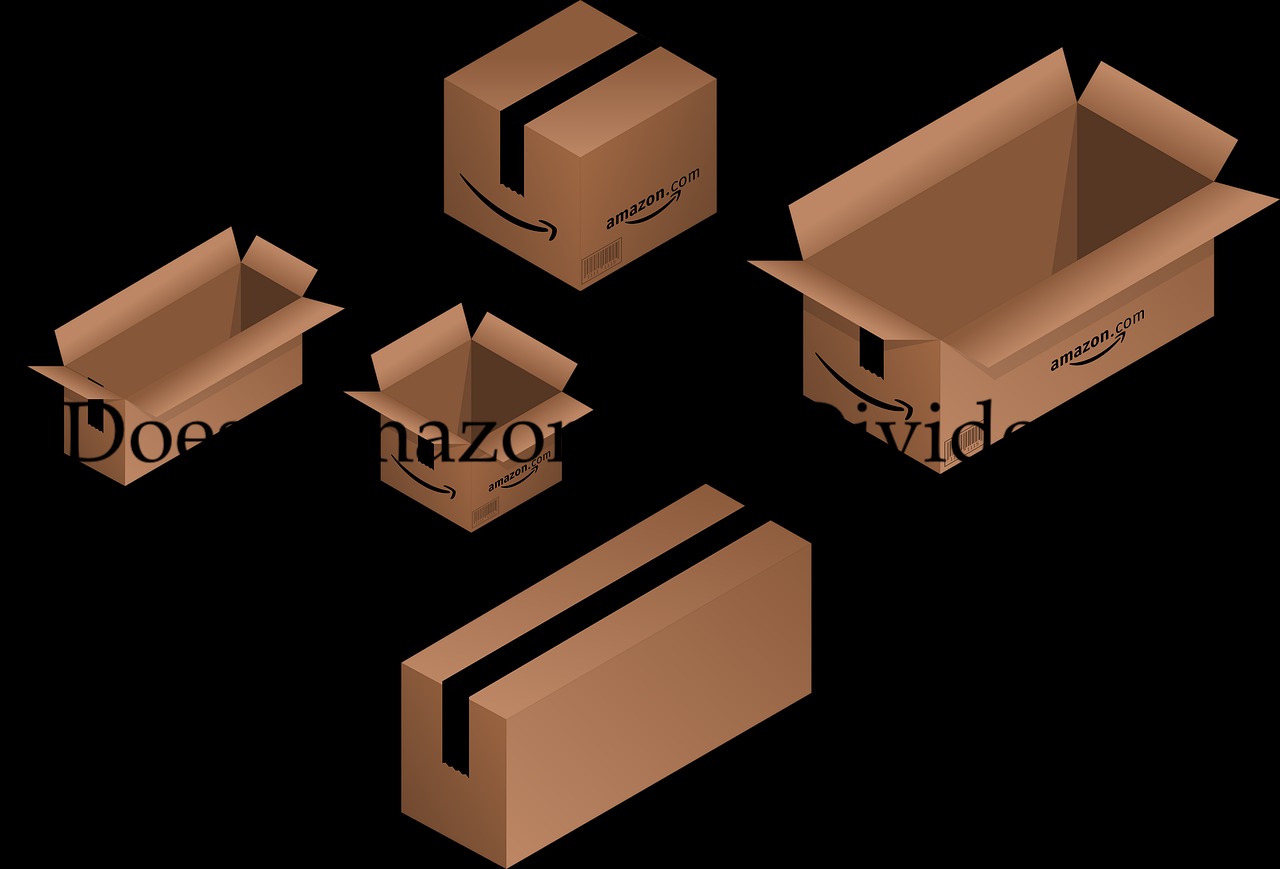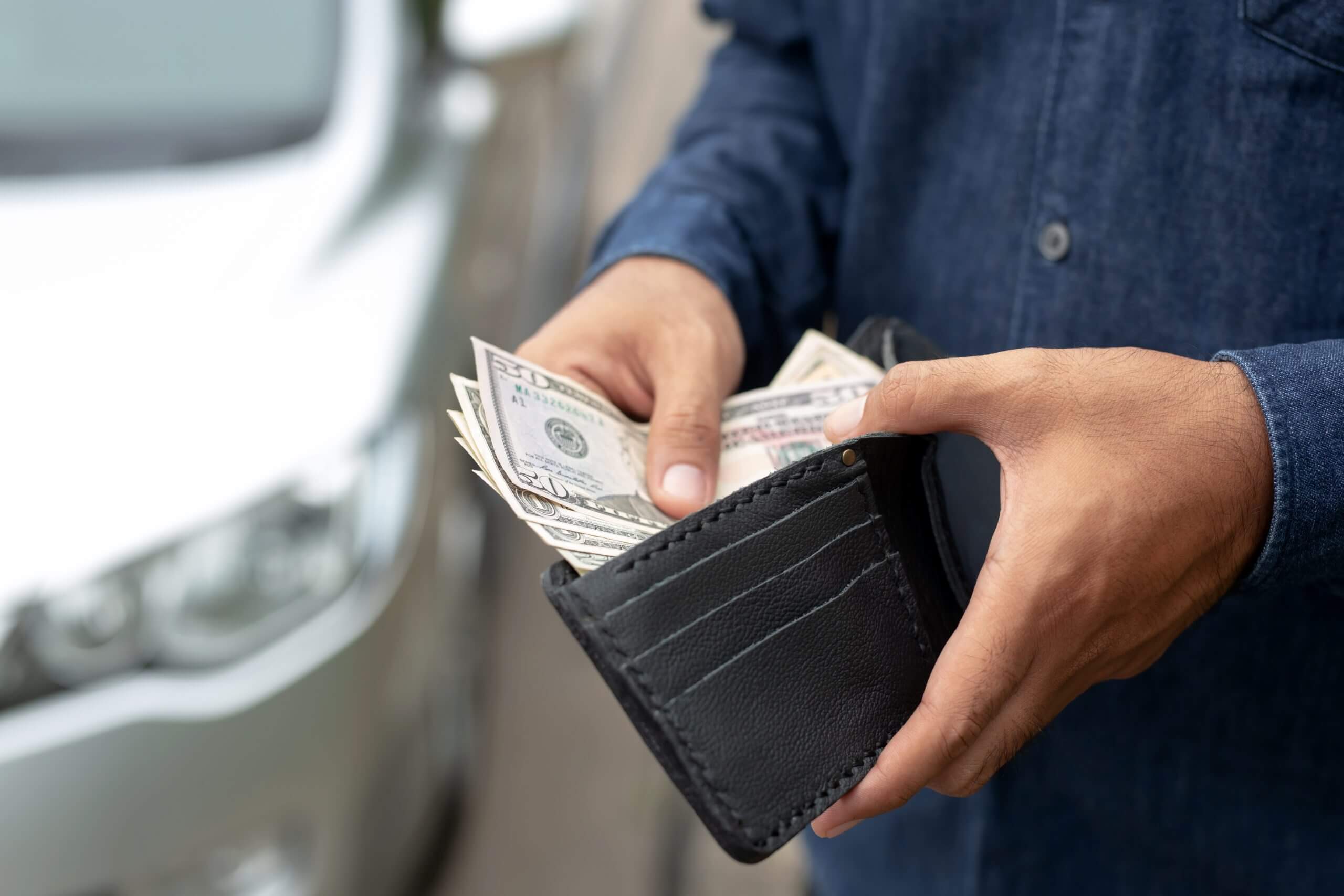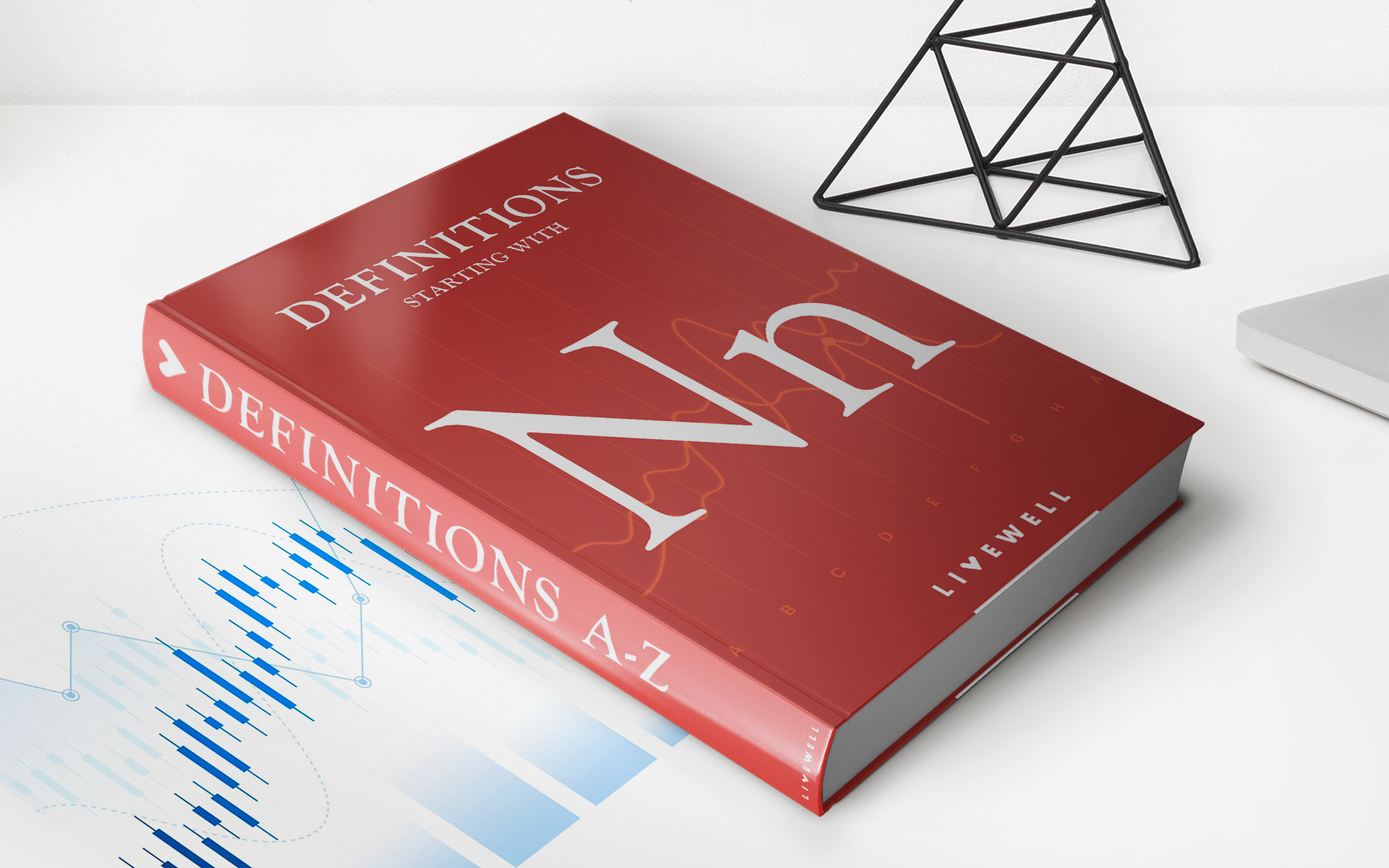

Finance
North Korean Won (KPW) Definition
Published: January 1, 2024
Learn about the North Korean Won (KPW) in the world of finance. Discover its value, exchange rates, and economic significance.
(Many of the links in this article redirect to a specific reviewed product. Your purchase of these products through affiliate links helps to generate commission for LiveWell, at no extra cost. Learn more)
The North Korean Won (KPW) Definition: Exploring the Currency of the Hermit Kingdom
Welcome to the Finance section of our blog! Today, we dive into the fascinating world of the North Korean Won (KPW) and explore its history, value, and significance. If you have ever wondered about the financial intricacies of the secretive Hermit Kingdom, you’re in the right place. Read on to discover key insights into this unique currency.
Key Takeaways:
- The North Korean Won (KPW) is the official currency of North Korea, known for its tight government control and limited convertibility.
- Issued by the Central Bank of the Democratic People’s Republic of Korea, the KPW is primarily used in domestic transactions within the country.
The Background of the North Korean Won (KPW)
The KPW is the official currency of North Korea, a country that has been shrouded in mystery for decades. Established in 1947, the North Korean Won has undergone several changes and adjustments over the years. It replaced the Korean yen at par. However, due to the country’s isolationist policies, the KPW doesn’t enjoy much international recognition or trade value.
Managed by the Central Bank of the Democratic People’s Republic of Korea, the North Korean Won is used primarily for domestic transactions within the country. Foreigners visiting North Korea are typically required to convert their currency into KPW for use during their stay. This strict control over foreign currency is part of the government’s effort to maintain isolation and control over its financial system.
Understanding the Value of the North Korean Won
The value of the KPW is subject to government intervention and control, making it difficult to determine its true market value. The government maintains an official exchange rate, but this rate is significantly different from the black-market rate used by individuals and businesses in the country.
It’s important to note that the KPW is not freely convertible, meaning it is not widely accepted outside North Korea. The country has limited interactions with the global financial system, making it challenging to exchange the currency in other countries. As a result, the KPW holds little value and is not recognized as a major currency in international markets.
Conclusion:
In conclusion, the North Korean Won (KPW) is a currency with unique characteristics. Its tight government control, limited convertibility, and restricted international recognition set it apart from other global currencies. As an isolated nation, North Korea maintains a monetary system that serves its domestic needs, emphasizing control and sovereignty. While the KPW may not be a currency that impacts global finance, it remains a fascinating aspect of the financial landscape of the Hermit Kingdom.
